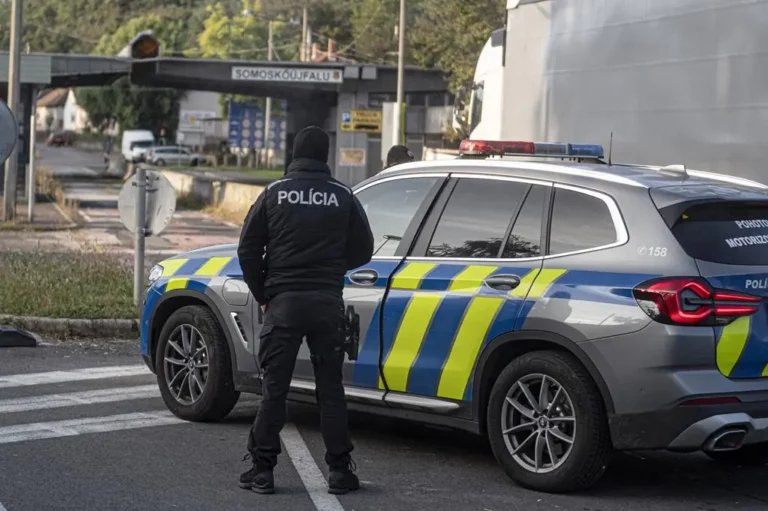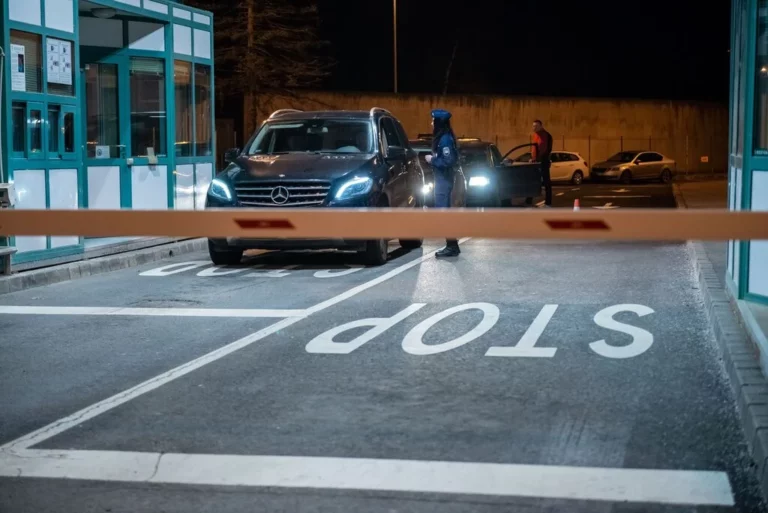Hungary border control
Traffic on Hungarian roads is heavy, so trucks heading to Ukraine are diverted to Romania

Hungary has demonstrated how to protect the border

Truck drivers flooded Hungary, border crossing fell: queue lasts 48h

Hungarian police beat a German national with a baton in Budapest?

PHOTOS: New Danube bridge opened between Hungary, Slovakia

Corrupt anti-Hungarian mayor escapes to Hungary

This Hungarian international train is back on track

VIDEO: NATO battlegroup in Hungary tested during exercise

Breaking: Slovenia prolongs border controls at Hungarian and Croatian border

Special border gendarmerie will be introduced in Hungary?

Romania Schengen accession priority for Hungary, foreign minister says

Collapsing Schengen: strict control at Hungarian Schengen border remains in effect longer

Hamas, ISIS, Al-Kaida terrorists, arms come to Hungary

Hungarian army, police will open fire on illegal migrants?

End of Schengen? Another neighbouring country introduced border control from this midnight

Orbán administration: illegal migration = terrorism

BREAKING: Slovenia introduces border controls at Hungarian border

Orbán government: Parallel societies, terror, modern anti-Semitism in West Europe





 ZH
ZH IT
IT DE
DE HR
HR NL
NL FR
FR JA
JA RO
RO RU
RU ES
ES TR
TR
